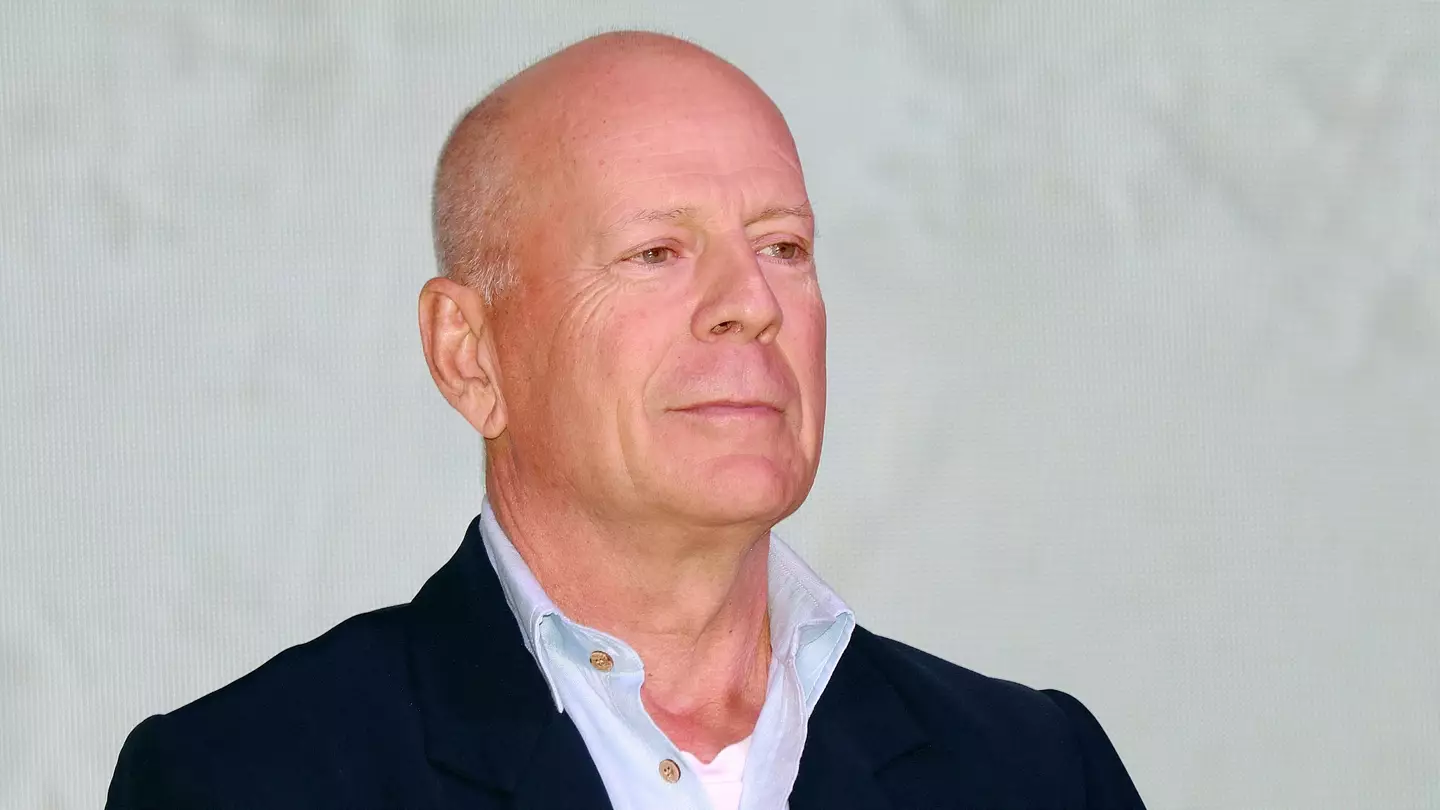Bruce Willis’ wife recently shared insights about the early signs of dementia that preceded his unexpected diagnosis.
In 2023, his family disclosed that the former action star had been diagnosed with frontotemporal degeneration (FTD).
FTD is a rare form of dementia that affects the frontal and temporal lobes of the brain, leading to changes in behavior and language. Unfortunately, there is no available cure or treatment to slow its progression.
According to Alzheimer’s Disease International, over 55 million individuals globally are living with dementia, with projections suggesting that number could rise to 139 million by 2050.
Emma Heming Willis, who has been married to Willis for 16 years, recently discussed his initial ‘alarming’ symptoms during an interview on television.
Speaking with ABC News’ Diane Sawyer, Emma described how the early signs of her husband’s illness were subtle yet noticeable changes in his daily routine.
“He would always love taking the girls to school. And then those school runs just started to not happen as much,” she mentioned, referring to their daughters, Mabel Ray Willis, 13, and Evelyn Penn Willis, 11.
Instead of participating in his typical fatherly duties, Emma noted that he would simply remain silent.
“For someone who was very talkative and very engaged, he was just a little more quiet, and when the family would get together, he would kind of just melt a little bit,” Emma added.
Initially, she wondered if these communication issues could be related to Bruce’s hearing loss in one ear, a result of a stunt from the first Die Hard film.
Another ‘haunting’ symptom was the reemergence of his childhood stutter. Bruce had previously struggled with a speech impediment and could ‘hardly talk’ during his youth, as revealed in a biography.
“I started noticing that Bruce’s stutter did reappear. I definitely started noticing it rev up a little bit more,” Emma shared.
The most concerning change was the transformation in his warm and affectionate nature.
Instead, he became ‘removed’ and ‘very cold,’ which Emma described as ‘alarming and scary.’
The couple also faced ‘marital issues’ that were unprecedented in their relationship.
When Emma confronted Willis about these concerns and asked if he was ‘okay,’ he would ‘just dismiss it,’ leading to a period that was ‘bumpy and very confusing.’
In the interview, Emma also mentioned that Willis remains physically mobile and in ‘great health overall,’ but it is his brain that is ‘failing him.’
The family has had to find new ways to communicate as his ‘language is going.’ However, they occasionally glimpse the person Bruce used to be, with moments when his ‘twinkle in his eye’ resurfaces.
“Not days, but we get moments,” Emma said. “It’s his laugh, right? He has such a hearty laugh. And sometimes you’ll see that twinkle in his eye or that smirk, and I just get transported.”
She continued: “And it’s just hard to see, because as quickly as those moments appear, then it goes. It’s hard. But I’m grateful. I’m grateful that my husband is still very much here.”
Emma, now Willis’ full-time carer, was moved to write a book about her family’s journey, titled “The Unexpected Journey: Finding Strength, Hope, and Yourself on the Caregiving Path.”
Reflecting on her transition into the role of caregiver, she remarked: “Those early stages were deeply isolating. I struggled with a sense of powerlessness, feeling as if I had no control over what was happening to my family.”
“At the same time, I was grappling with grief, the loss of the life I had known, all while raising our two young daughters.”
When the family publicly shared Willis’ diagnosis in 2023, Emma noted they received ‘an outpouring of kindness and global support.’
She now regrets not seeking help sooner, saying: “Everything changed when I found the right information, resources, and community to lean on.”
“I began to realize that, even in my new role as a care partner, I still had agency. And with that, I started to find joy, see beauty, and choose hope.”

